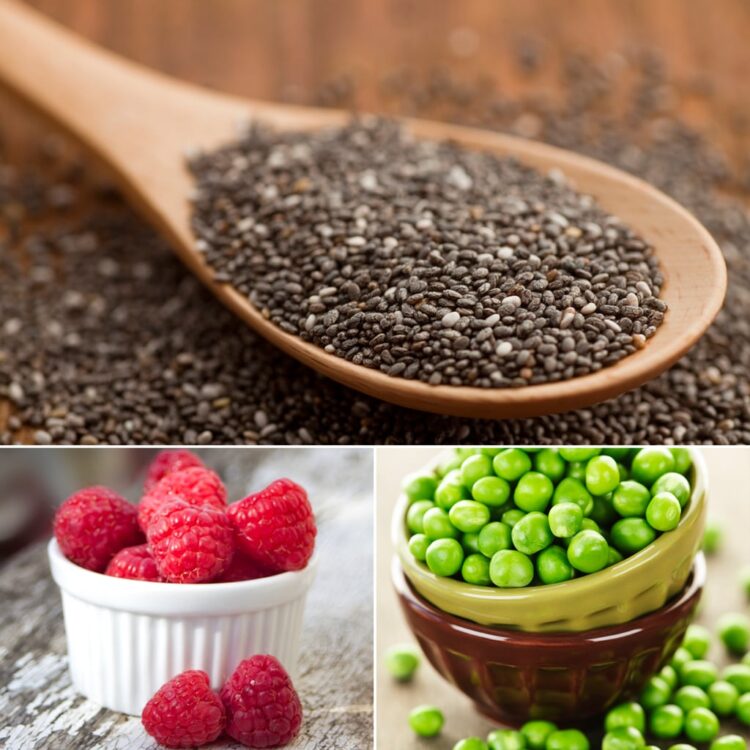Fiber is among the biggest reasons why whole plant foods are beneficial for us. More and more evidence is showing that an adequate intake of fiber helps with digestion and reduces the risks of many chronic diseases related to it.
A lot of such benefits are mediated by the stomach microbiota, which is the millions of good bacteria that live inside our digestive systems. Still, not every type of fiber is the same, and each of them has different effects on our bodies. Read on to learn about all of them, and visit yourdoctors.online for additional information on the topic.
Table of Contents
What is Fiber?

source: popsugar.com
Fiber is a non-digestible carbohydrate that many different foods have. There are two categories of fiber, based on the water solubility. The first is a soluble fiber that dissolves in water, and which can be metabolized by those good bacteria we mentioned. The second is insoluble fiber, which does not dissolve in water.
Another way to distinguish them is fermentable and non-fermentable fiber, which is a basis on whether or not the good bacteria can use the fiber. Some fiber has important benefits for our health, while others can be quite useless.
Also, some foods contain both soluble and insoluble fibers, and some insoluble ones can also be digested by the bacteria.
It is generally recommended that men eat 38 grams of fiber daily and that women should eat 25 grams per day.
Some Fiber can Help You Lose Weight

source: rd.com
Some fibers are beneficial to weight loss efforts because they can reduce your appetite. Studies show that increasing such a dietary fiber can help with a reduced calorie intake, which of course equals weight loss.
Fibers also soak up water and slow down the absorption of nutrients, which in turn increases the feeling of being full. All of this still depends on the type of fiber, and a great example of an effective weight loss fiber is glucomannan. Additionally, fibers also help with constipation.
Fiber can Reduce Blood Sugar Spikes
Foods that are high in fiber sometimes have a lower glycemic index than the sources of refined carb. The scientist thinks that soluble fibers of high viscosity may reduce the blood sugar spikes. Therefore, if you are on a high carb diet, fiber can reduce the potential raises in your blood sugar levels and prevent harmful side effects.
Fiber may Reduce Cholesterol
Soluble and viscous fiber might also reduce the levels of cholesterol, by not by much. Consuming between 2 and 10 grams of soluble fiber a day can reduce cholesterol by 1.7 mg/dl, and LDL cholesterol by 2.2 mg/dl. Depending on the viscosity of the fibers, some can reduce cholesterol by much more.
High Fiber recipes and meals

source: eatingwell.com
1. Soup and salad dinner combos rich in fiber
You have an option of soup and a salad as a whole meal as a limited portion-sized dinner, which will make you feel full. For example, try garlic vegetable soup and citrus watermelon salad. Also, try kale masoor salad with lemon quinoa and baby spinach soup.
2. One dish meal rich in fiber
Another way to go is bajra, whole moong, and green pea khichdi, or oats mooli roti. These one-dish meals will please your palate, as well as your stomach and metabolism. Also great for this purpose is gavarfali ki sukhi subzi or hariyali mutter with flax seeds raita.

